Writing
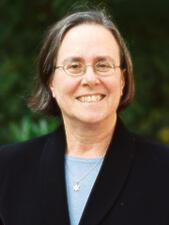
Anne Lapidus Lerner
Anne Lapidus Lerner is a pioneering scholar of Jewish women’s studies and was the first woman vice chancellor of the Jewish Theological Seminary. Lerner has established and fostered a long-lasting legacy through the teaching and mentorship of generations of students and dedication to Jewish learning. In 2017 she was awarded the Mathilde Schechter Award by the Women’s League for Conservative Judaism.
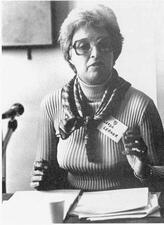
Gerda Lerner
Entering the field of United States history in 1966, Gerda Lerner blazed a new professional path that led to the establishment of the field of women’s history. Lerner’s force and commitment made her impervious to the ridicule with which the male-dominated profession initially responded to the notion of women’s history.
Lotta Levensohn
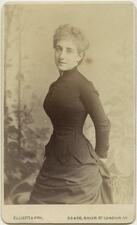
Ada Leverson
Although essentially a product of the revolt against High Victorianism, as well as of Edwardian and pre-War social mores, Ada Leverson remained attuned to the latest cultural trends, and was quite a prominent figure in the literary and artistic circles of the twenties. Her stylish and pleasurable novels afford invaluable insights into the human comedy and the English society of her day.
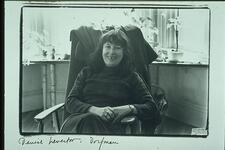
Denise Levertov
The author of nineteen books of poetry as well as several books of essays and translations, Denise Levertov was a world-renowned poet. She was also a prominent political activist, particularly in the anti-war and environmental movements.
Lia Levi
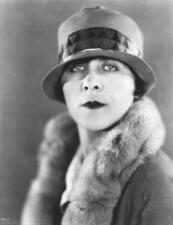
Sonya Levien
From the silent movie era through 1960, Sonya Levien crafted over seventy films ranging from the 1939 Hunchback of Notre Dame to the screen adaptation of Oklahoma! Levien was one of Hollywood’s highest-paid and most highly sought screenwriters, known for her ability to adapt any story quickly and to fix an ailing script.
Nora Levin
Research librarian and educator Nora Levin’s books sparked controversy among historians, but she helped shape popular understanding of modern Jewish history.
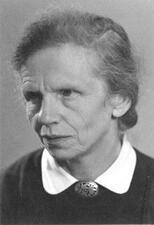
Emma Levine-Talmi
Politician and writer, Emma Levine-Talmi, grew up in a liberal Jewish home in Warsaw before immigrating alone to Palestine in 1924 at the age of nineteen. She was active in Kibbutz life before becoming a member of Knesset for the Mapam party. During her time in the Knesset, she engaged in social issues, including, equal rights for women.
Elma Ehrlich Levinger
Early twentieth-century author and educator Elma Ehrlich Levinger wrote over thirty books for children and several for adults—all of which emphasize the importance of maintaining Jewish identity in America.
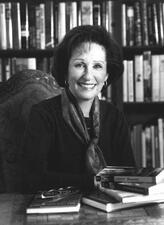
Sonia Levitin
Sonia Levitin mined both her personal history and major historical events for her award–winning books for children and young adults. Her 1970 book Journey to America, which detailed her family’s struggle during the Holocaust, was an instant classic.
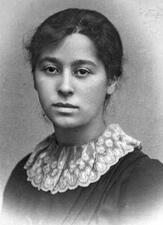
Amy Levy
Novelist, essayist, and poet Amy Levy was a popular and successful writer of the late nineteenth century. Admired by Oscar Wilde, she was the second Jewish woman to attend Cambridge and the first at Newnham College. Her work reflects the autonomous and achievement-oriented ideals of the “New Woman,” as well as her own struggles with depression.
Florence Nightingale Levy
Florence Nightingale Levy’s most significant achievement was the founding of the American Art Annual in 1898. A comprehensive directory of the American art world, the Annual catalogued schools, associations, exhibitions, and artists nationwide. Levy went on to perform invaluable editing, organizing, and educational roles in the American art world for the next fifty years.
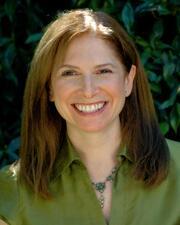
Naomi Levy
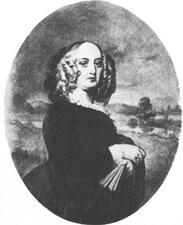
Fanny Lewald
Fanny Lewald was a successful and respected writer in nineteenth-century Germany. She established a salon in Berlin and became tremendously productive, writing novels, essays, and articles. In her influential autobiography, she argued for the emancipation of women. Lewald believed that women’s professional work was the basis of their liberation.
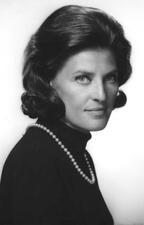
Flora Lewis
Flora Lewis was an American journalist whose insightful reports and commentaries helped explain some of the most significant international events of the second half of the twentieth century to millions of readers. At a time when women’s voices were rarely heard in journalism, Lewis was a trailblazer and a role model for an entire generation.
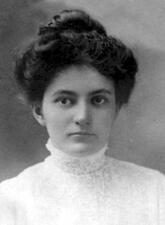
Lillian R. Lieber
Frustrated with the way math is taught in schools, Lillian R. Lieber created unconventional, popular books to excite young readers and incite their curiosity.
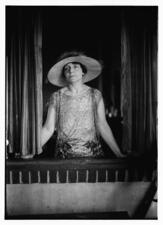
Estelle Liebling
Estelle Liebling was a talented opera singer who performed at the Dresden Royal Opera House and the Metropolitan Opera and toured through the United States and Europe. She trained popular and Metropolitan Opera singers at her studio in New York for fifty years and wrote books on vocal training and compositions for piano and voice.
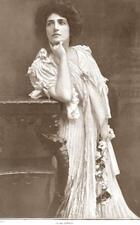
Clara Lipman
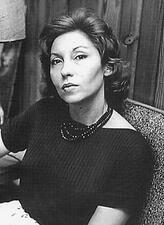
Clarice Lispector
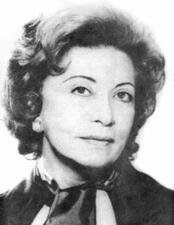
Elisa Lispector
Polish-born writer Elisa Lispector was nine years old when her family immigrated to Brazil in 1920. Alongside her successful career as a public servant, Lispector was a writer who published seven novels and three books of short stories. Her second novel is semi-autobiographical in its grappling with Lispector’s Jewish immigration story.
Literature Scholars in the United States
Jewish women have been among the key figures in literary scholarship in the United States in the postwar period. Those entering the profession in the 1950s faced more difficulties as women than they did as Jews. Today, Jewish women are found in all corners of the profession, from feminist and queer theory to administration, critical race studies, and beyond.
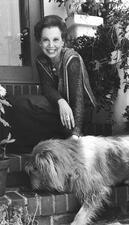
Myra Cohn Livingston
Both through her poetry and her teaching, Myra Cohn Livingston inspired children to explore the music of language. She eventually wrote more than twenty collections of as well as several books on writing poetry, serving as an inspiration for students to enjoy poetry.



